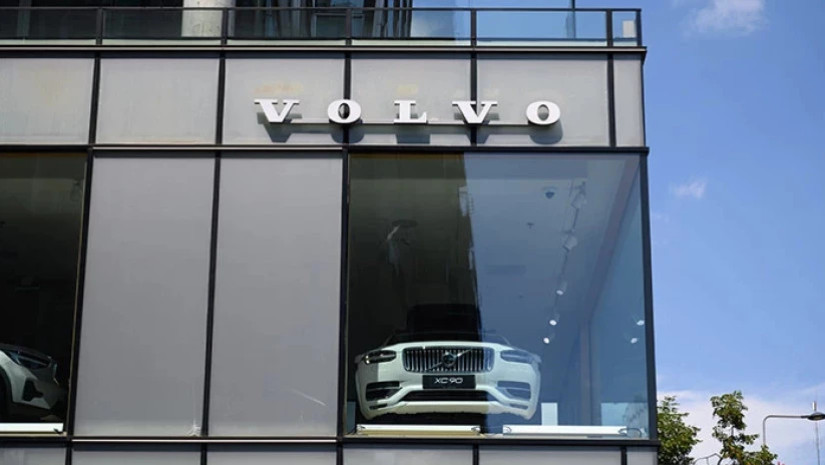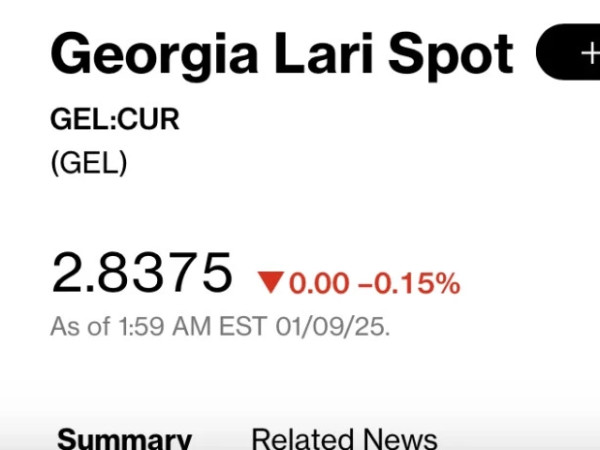Swedish automaker Volvo Cars (VOLCARb.ST), opens new tab scrapped its target of going all electric by 2030 on Wednesday, saying it now expected to still be offering some hybrid models in its lineup at that time.
Major automakers have seen slowing demand for EVs partly due to a lack of affordable models and the slow roll-out of charging points, while also bracing for the effects of European tariffs on electric cars made in China.
Shares in the company were down 7.5% at 1416 GMT, after hovering around 4% lower ahead of the announcement of scaled-back targets.
Volvo Cars said in the statement that by 2030 it now aimed for between 90% and 100% of cars sold to be fully electric or plug-in hybrid models, while up to 10% would be so-called mild hybrids, where electric power only supplements the combustion engine.
Volvo Cars said in a separate statement that plug-in hybrids would be a critical part of its future profit growth, and that it would revamp its hybrid XC90, with first customers receiving the SUV by the end of the year.
Volvo Cars sells a mix of electric and hybrid cars, and had until now remained steadfastly committed to its plans to only sell fully electric cars by 2030 even as its rivals began scaling back their ambitions. Some of Volvo's flagship fully electric cars are the EX90 and the EX30, both SUVs.
Toyota, one of the slowest major automakers to develop EVs, continues to bet strongly on hybrids with an increased number of models. French automaker Renault (RENA.PA), opens new tab said that it would continue to launch hybrid model.
By 2025, Volvo Cars now expects electrified cars - both full EVs and hybrids - to account for between 50% and 60% of sales volumes. The previous 2025 target was for at least 50% fully electric cars, with the rest hybrids.


















